Registration opens for 2026 webinar series on December 29.
Registration opens for 2026 webinar series on December 29.

Registration opens for 2026 webinar series on December 29.
Registration opens for 2026 webinar series on December 29.

Can genealogists take a negative (the absence of something) and develop it into a positive (proof of something)? Yes! If we understand what we’re working with and how to develop it. Negative evidence is a tool used by many investigative fields; but its definition varies between disciplines. This session defines the concept used by genealogists and historians: contextually suggestive silence. In layman’s language, Mills clearly separates negative evidence from concepts that are often confused with it: negative searches, negative findings, negative arguments, and negative conclusions. Case studies using autosomal and Y-DNA, censuses, church records, death certificates, land deeds and grants, topo maps, and other source types to demonstrate how to recognize contextually suggestive silence and develop it into solutions for situations in which no document explicitly answers our research question.

Already a member? Log in
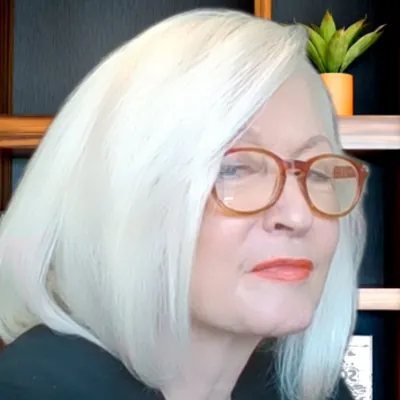
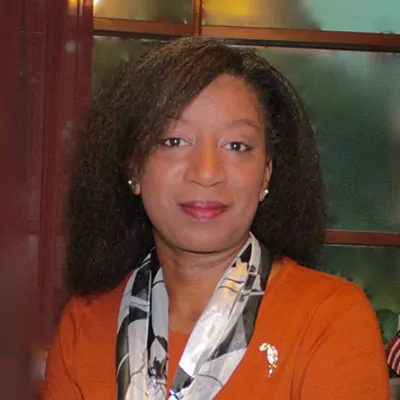

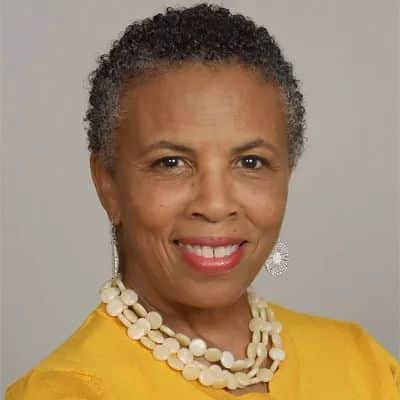


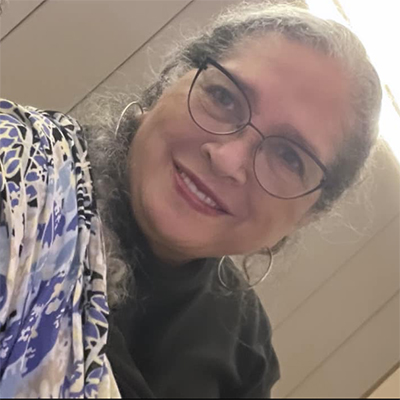
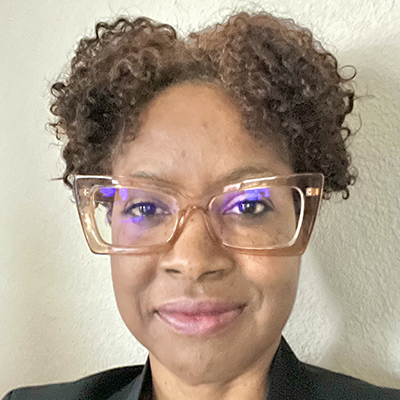

You should receive a confirmation email with a link to the webinar soon.
You’ll also receive a reminder both the day before and one hour before the webinar begins.
Didn’t receive a confirmation email?
You successfully registered for %s.
You should receive a confirmation email with a link to the webinar soon.
You’ll also receive a reminder both the day before and one hour before the webinar begins.
Didn’t receive a confirmation email?
To ensure a smooth, high-quality webinar experience, check the quality of your internet connection.
On the day of the webinar, connect 30–40 minutes before and turn off any background software. If you can’t tune in live, you can view the recording later in the Webinar Library. If joining via a mobile device, be sure to first install the free GoTo app.
Questions? Contact us or read our FAQ.
It looks like you’re already registered for this webinar
You can register for another webinar.
Didn’t receive a confirmation email?
It looks like you’re already registered for these webinars
You can register for another webinar.
Didn’t receive a confirmation email?
Something happened on our end, sorry about that
We were unable to complete your registration.
Please try again later.



 Syllabus
Syllabus
Excellent webinar! I have struggled with this subject in my writing! I appreciate ESM so much!
Truly amazing lecture, Thank you Elizabeth.
I am amazed, and going back to my book by Henige…thank you, Elizabeth!
Never disappointed listening to ESM. I need to look at many sources – again!
Elizabeth Shown Mills is amazing, as usual. I truly enjoy just hearing her speak and the way she thinks her way around a problem!
She was very knowledgeable and very clear in her strategy. I had not done this kind of research but I will now.
I will have to listen to her discussion more than once to derive all of the information and research techniques that she discussed so that I can begin to apply her techniques.
Excellent, thank you!!